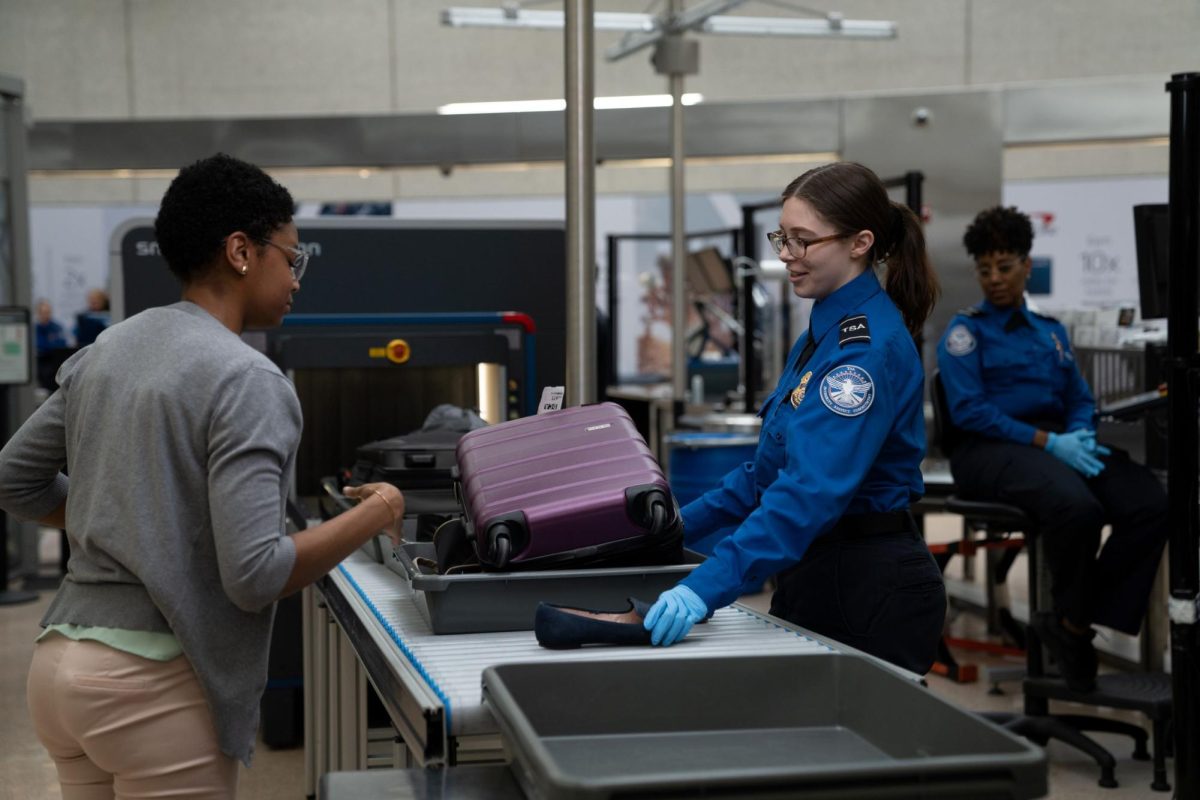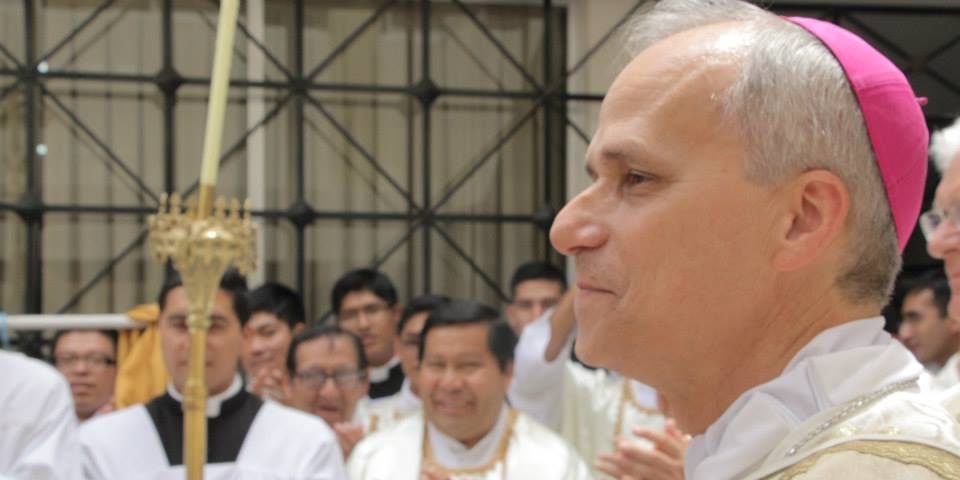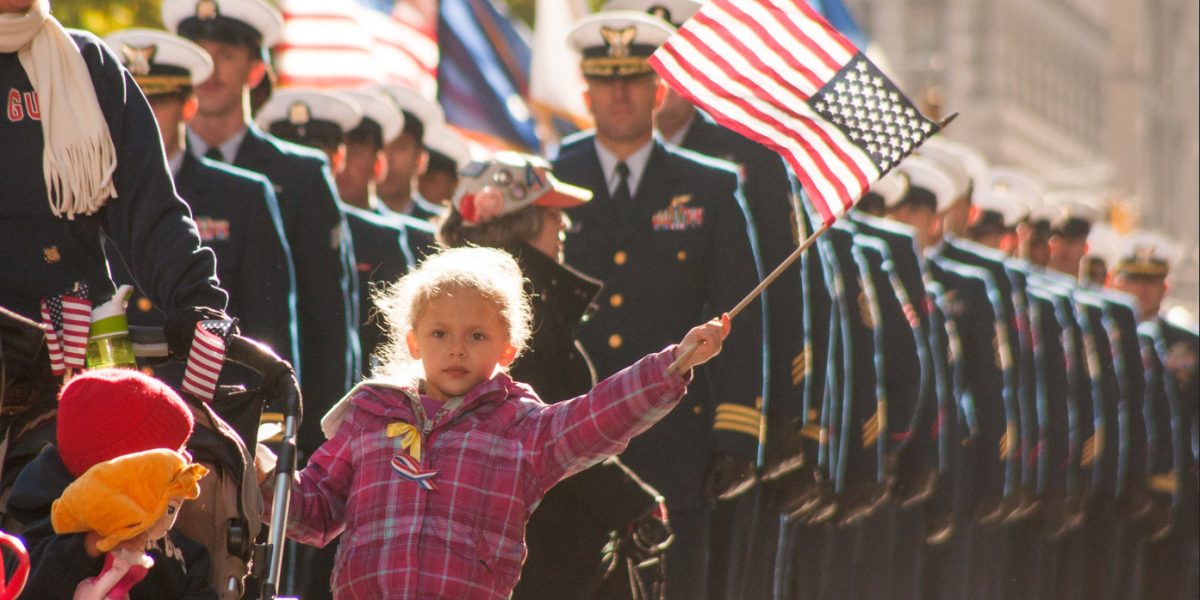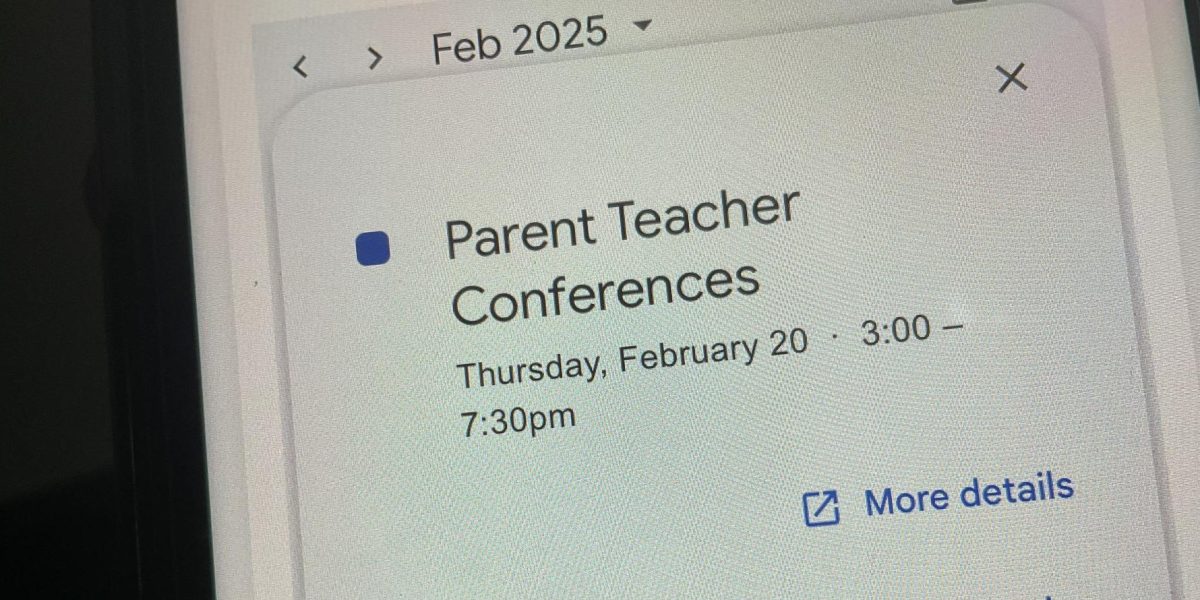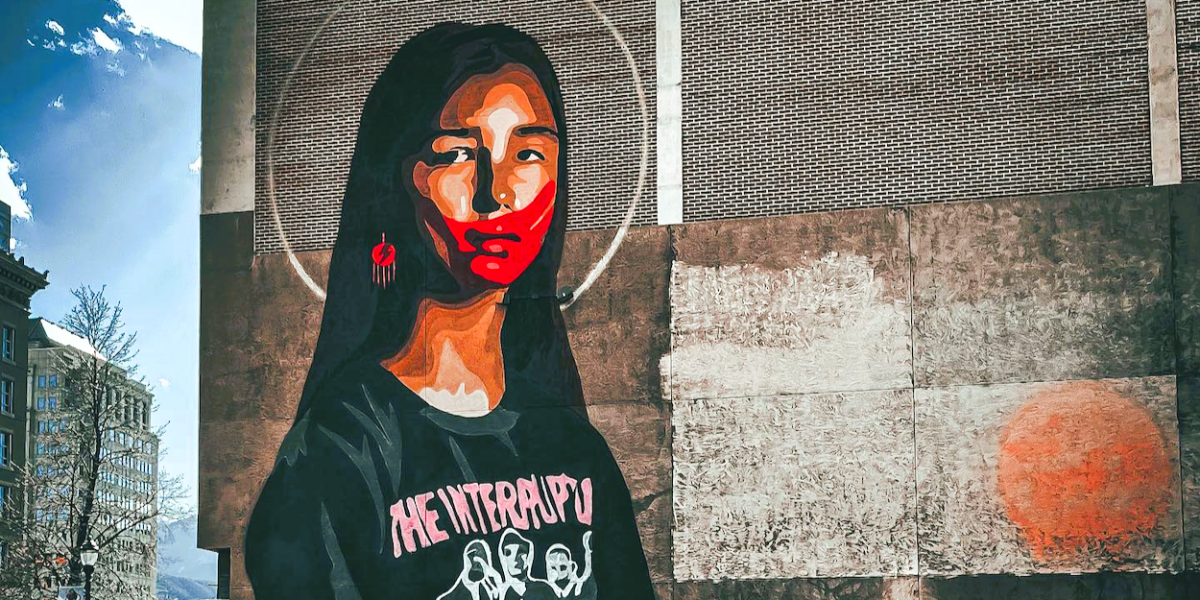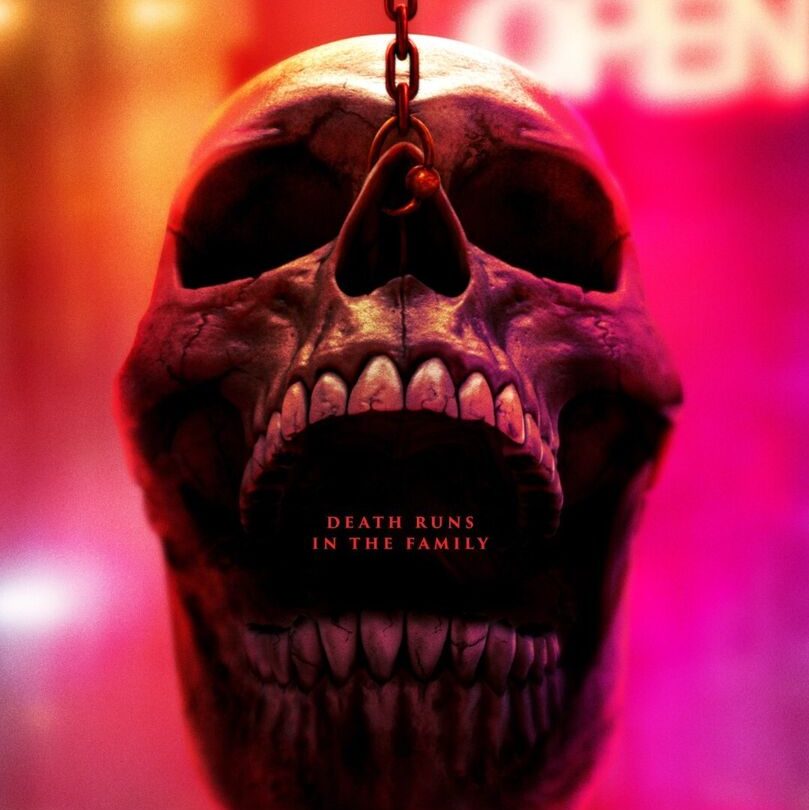Queen Elizabeth Has Passed Away
September 11, 2022
On September 8, 2022, the famous monarch Queen Elizabeth II of England died peacefully at the age of ninety-six in her castle of Balmoral in Scotland. Elizabeth II served as the longest reigning monarch in English history, and her death has sweeping implications for the future of both British and world politics.
Queen Elizabeth II ascended to the British throne at the age of twenty-five on February 6, 1952, after the abdication of her uncle and the death of her father King George VI. She reigned over the British commonwealth for seventy years, which includes England, Scotland, Wales, Northern Ireland, several territories, and even formally included Australia and Canada. She recently celebrated her Platinum Jubilee at Buckingham Palace, a party given when a ruler reachers their seventh decade of rule. Only one other European ruler in history had a Platinum Jubilee: King Louis XIV, who ruled over France for 72 years between 1642 and 1715.
QUOTE FROM SOMEONE AT THE SCHOOL
As soon as the Queen passed, Operation London Bridge was put into effect by the British government and media, which organized the days of national mourning following the death of the Queen and the transfer of power to the heir to the crown. This operation has been prepared for decades by the British government and by the BBC (British Broadcasting Corporation, the country’s largest broadcaster). The Queen’s closed coffin will lay in state for twelve days for public viewing before she is moved to Windsor Castle for her funeral on September 19. She will then be buried along with her late husband Prince Phillip in the family crypt near her father, mother, and sister.
Elizabeth’s eldest son Prince Charles of Wales became the new British sovereign King Charles III the day after his mother’s death following a ceremony at St. James’s Palace. This ceremony was not a public crowning with pomp and circumstance but rather a signing of paperwork. After “an appropriate period of mourning” for the late Queen, King Charles III will have a public coronation with crowns and crowds.
“We mourn profoundly the passing of a cherished Sovereign and a much-loved Mother,” King Charles III announced to the world. “I know her loss will be deeply felt throughout the country, the Realms and the Commonwealth, and by countless people around the world.”
As part of Operation London Bridge and the period of mourning, the Union Jack will be flown at half-mast in all official places in the United Kingdom and around the world. Britons are also asked to leave work early so they can pay their respects from home. Television presenters will be dressed in dark colors, and radio stations will play only sad music. On the day of the funeral, the bells of Big Ben will ring at 9 am and two minutes of silence will be observed throughout the country at noon.
“During this period of mourning and change, my family and I will be comforted and sustained by our knowledge of the respect and deep affection in which The Queen was so widely held,” King Charles III told reporters in the hours following his mother’s death.
Despite being an ocean away, the passing of the Queen is still felt by many Americans. Millions of Americans stayed up until the early morning to watch the Royal Wedding of Prince William and Kate Middleton just four years ago, and William’s brother Prince Harry married the American actress Megan Markel and moved to Los Angeles two years ago. Millions of Americans are estimated to watch the broadcast of the funeral of Queen Elizabeth II, which estimates say will be the most watched event in broadcast history with four billion people around the world tuning in.
The passing of the Queen also has political implications for the US and the world. While the English Royalty has a mostly symbolic role in government, the Royal Family still holds most of the government land in Britain and have some decision-making power in the governments of the United Kingdom, Canada, and Australia. For example, Queen Elizabeth’s last public appearance was two days before her death, when she officially recognized Elizabeth Truss as England’s newest Prime Minister.
Speaking of Truss, Britain’s government has gone through a series of major shake-ups in the past few years. First, the British people voted to leave the European Union, resulting in the resignation of long-serving Prime Minister David Cameron, whose role in the English government is similar to our president. In the past four years, England has had two short-serving Prime Ministers: Theresa May, who resigned after failing to find a way to exit the EU without penalty, and Boris Johnson, who recently resigned after scandals involving breaking COVID protocols and promoting known sexual harassers to government positions. Truss, the newest PM, is very divisive among the British people, as her views on immigrants and the war in Ukraine run counter to most of the country.
These governmental issues are usually mitigated by the Royal Family. Having a consistent presence in English life since World War II, Queen Elizabeth and her family created an anchor of cultural stability that could weather any political storm. However, the Royal Family has suffered scandals in recent years involving allegations of sexual abuse of a minor against the Queen’s son Prince Andrew and the abdication of her grandson Prince Harry, who married an African-American actress and allegedly faced racist backlash from the Royal Family.
Queen Elizabeth II’s death has made Charles III King at 73. Given his age, several world leaders are concerned that his reign will be shorter than twenty years and are looking to Prince William, Charles’s son with Diana of Wales and next in line for the throne, to take more of a leadership role in British life. If Prince William were to pass away before his father, the next in line for the throne would be his eldest son George, then his daughter Charlotte, and finally his youngest son Louis. Only after Louis’s death or abdication would the crown go to William’s brother Prince Harry, and the crown would pass through all of Harry’s children before it would go to King Charles III’s scandal-ridden brother Prince Andrew.



